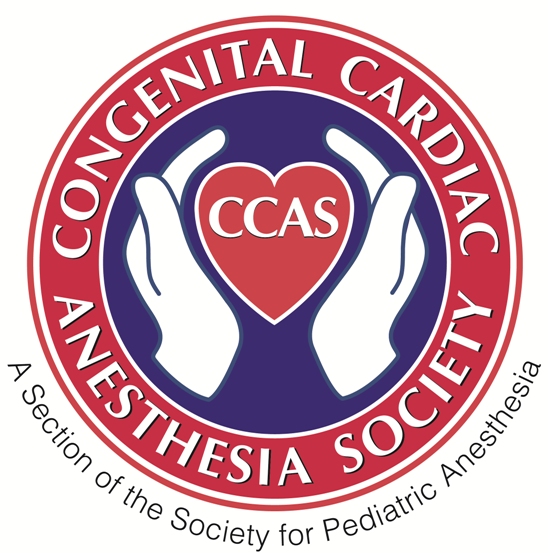Why you should consider a fellowship:
Given the increased survival of patients with congenital heart disease (CHD), anesthesiologists are called upon to provide perioperative care to patients with CHD ranging in age from neonates to adults. The intellectual, cognitive, and technical demands of providing care to this group of patients is rigorous and unique requiring additional training in pediatric cardiac anesthesiology. Those who are interested in caring for this growing population of patients with complex medical and surgical history and specific physiological concerns should consider pursuing pediatric cardiac anesthesiology.
Description of Training Pathways
Pediatric cardiac anesthesiology has developed as a sub-specialty over the past 50 years. It has been practiced since the first patent ductus arteriosus was ligated by the cardiac surgeon Dr. Robert Gross in 1938. As surgical and percutaneous interventions and technologies in patients with congenital heart disease (CHD) have evolved, pediatric cardiac anesthesia has evolved as a distinct field. Anesthesiologists that find themselves interested in Pediatric Cardiac Anesthesia come from a variety of backgrounds. The most common path is to pursue an Anesthesia residency followed by a Pediatric Anesthesia Fellowship and then a Pediatric Cardiac Anesthesia Fellowship. A small subset train in Adult Cardiac Anesthesiology and pursue further training in Pediatric Cardiac Anesthesiology. The Pediatric Cardiac Anesthesia Fellowship is a 12 months fellowship. (https://pubmed.ncbi.nlm.nih.gov/28922234/)
Life After Pediatric Cardiac Anesthesiology Fellowship
There is a great demand for anesthesiologists with pediatric cardiac training given the increase in survival of patients with congenital heart disease in the past few decades. The majority of graduates (~80%) practice pediatric cardiac anesthesia or a combination of pediatric anesthesia and pediatric cardiac anesthesia. The rest of the graduates work in a combined pediatric cardiac and adult cardiac or a combination of anesthesia and critical care, adult cardiac and other settings.
Compared to other sub-specialties in anesthesiology, pediatric cardiac anesthesiologists work with a relatively smaller group of surgical colleagues and physicians who care for these patients prior to and following their surgical procedure. This facilitates the interdisciplinary research collaboration for improving the quality of the care provided to this very complex patient population. This sub-specialty is indeed clinically demanding and you will be caring for some of the most challenging patients within the hospital, but that is again the beauty of this specialty since you get to take care of these patients and their families at their most vulnerable times. Since many of these patients undergo repeated procedures, it is not rare for some of these patients and families to build ongoing relationships with their anesthesiologist.
